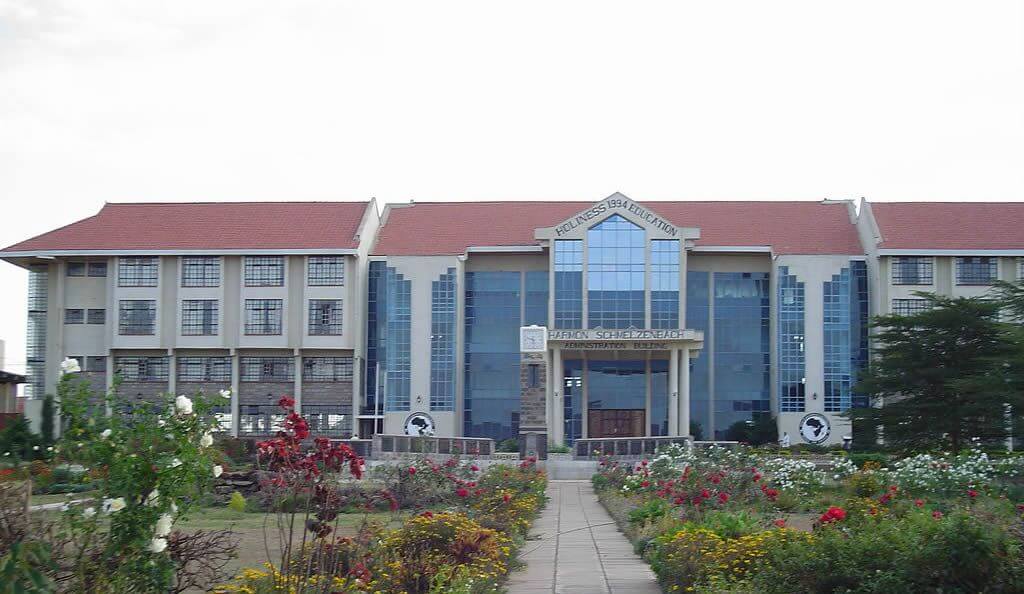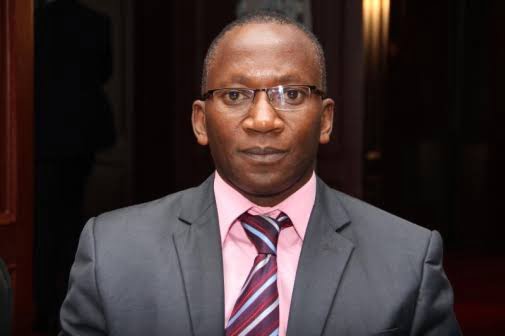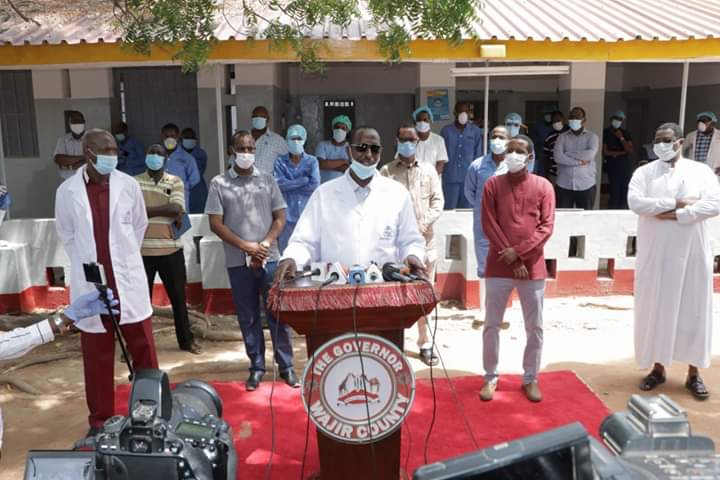Sudan is sending a serious warning to Kenya after a brazen drone attack rocked Port Sudan, deepening fears of a spiraling regional conflict.
On Sunday, May 4, the Rapid Support Forces (RSF) launched suicide drones targeting Osman Digna Air Base, marking the first time the militia has struck the city since the civil war erupted two years ago.
While no deaths were reported, the strike caused significant damage to warehouses and civilian service points.
The timing is raising eyebrows across Africa, as tensions between Sudan and Kenya threaten to boil over, putting the region’s fragile peace at risk.

Sudan RSF Attack Signals Dangerous New Escalation
The attack on Osman Digna Air Base was not just another battle in Sudan’s bloody civil war. It was a clear message. For two years, Port Sudan has been a rare safe haven, operating as the country’s temporary capital while the conflict ravaged other areas. But the May 4 drone strike shattered that sense of security.
The RSF, a well-armed militia accused of genocide and war crimes, now has its sights set on strategic infrastructure. This latest move shows the group is expanding its reach, using sophisticated weapons to hit deeper targets.
Sudan’s Ministry of Foreign Affairs wasted no time pointing fingers. In a fiery statement, the ministry accused an unnamed “regional nation” of bankrolling the RSF and warned that this kind of backing would only fuel more destruction. While Sudan didn’t explicitly name Kenya, the message was clear.
“This escalation by the rebel Janjaweed RSF militia and its regional sponsor reaffirms their determination to destroy infrastructure and service facilities essential for providing Sudanese citizens with a dignified life and well-being,” the statement read.
Sudan’s government also called on the international community to step in and enforce international laws, demanding an end to the RSF’s terror tactics and holding its alleged backers accountable.
Kenya Caught in the Crossfire of Sudan RSF Tensions
Although Kenya was not directly mentioned, it is no secret that tensions between Nairobi and Khartoum have been rising. The Sudanese government has long accused Kenya of meddling in its internal affairs. In February, RSF leaders reportedly gathered in Nairobi to form a new political wing—a move Sudan saw as blatant interference.
Kenya has repeatedly denied these allegations, insisting it supports peace and stability in Sudan. But the distrust remains deep. The situation flared up again in April when reports emerged that another RSF conference was set to take place in Nairobi.
Sudan’s foreign ministry issued yet another scathing statement, condemning Kenya’s alleged role and highlighting fresh atrocities committed by the RSF in Darfur, including brutal attacks on the Zamzam camp for internally displaced people.
“While the Janjaweed RSF militia escalates its campaign of genocide against specific ethnic groups in Darfur… reports are emerging that Kenya will host a second conference for the RSF terrorist militia and its affiliates,” Sudan’s statement said.
These repeated accusations have placed Kenya in an awkward diplomatic spot, forcing it to defend its reputation as a peace broker while under pressure from Sudan to cut ties with the RSF.
Regional Fallout and Rising Fears
The Sudan RSF conflict is no longer just Sudan’s problem. With the latest drone strike in Port Sudan and growing accusations against Kenya, the risk of regional destabilization is real. Neighboring countries are watching closely, wary of being dragged into a wider conflict.
Experts warn that if Sudan’s allegations are true, the RSF’s access to advanced weaponry and logistical support could tip the balance of the war, dragging the conflict into uncharted territory. There are also fears that as the RSF grows bolder, it might begin targeting interests outside Sudan’s borders.
International observers are now calling for urgent diplomatic engagement. The African Union, the United Nations, and other global bodies face mounting pressure to mediate and prevent the Sudan RSF crisis from spilling over into a full-blown regional war.
For Sudanese civilians, however, these diplomatic maneuvers mean little if the violence continues unchecked. The recent drone attack is a chilling reminder that even supposed safe zones like Port Sudan are no longer immune.











































